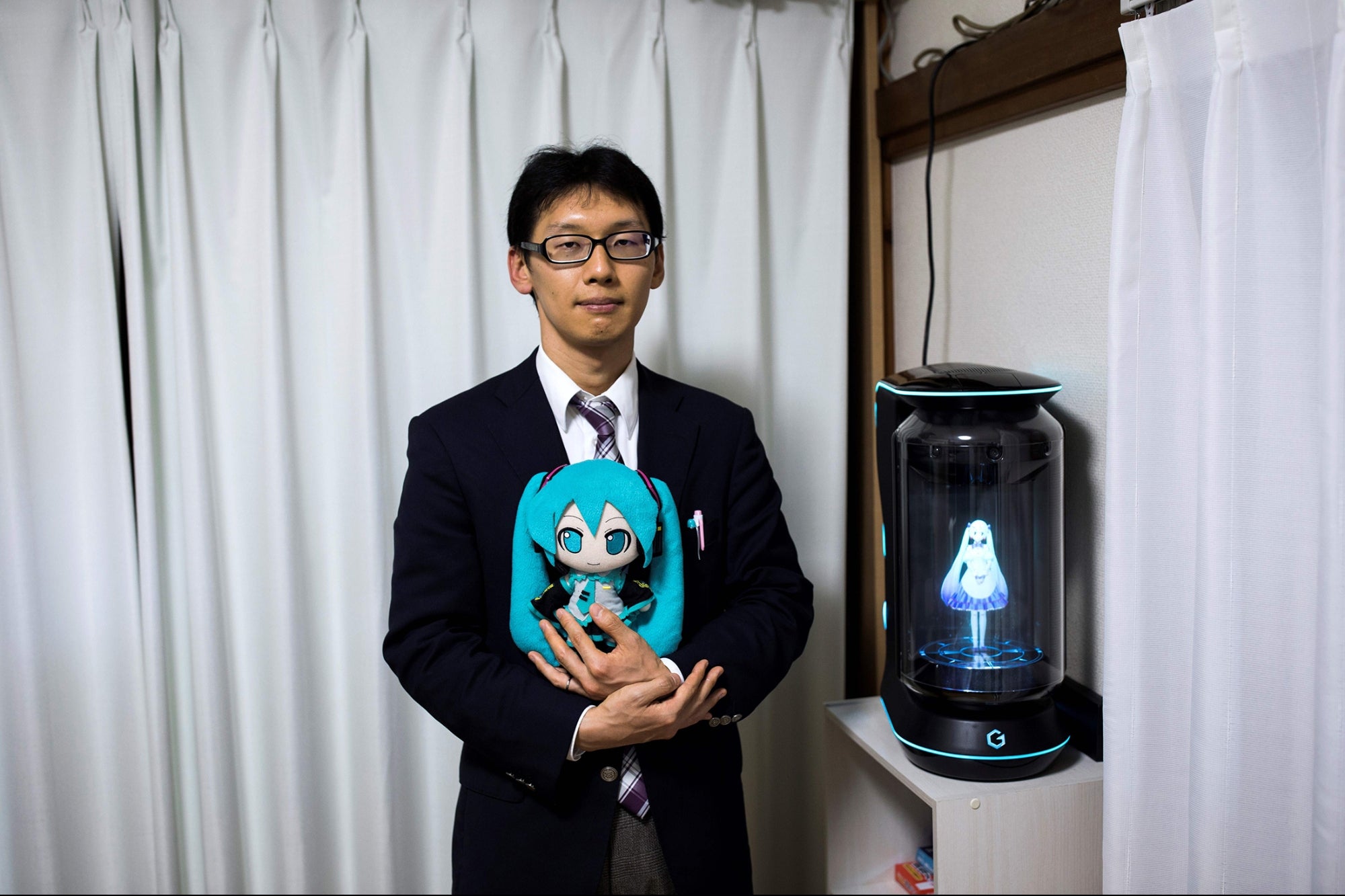This Remodeling Company Grew Into a Multimillion-Dollar Enterprise through Disruption EA Home Design, founded by entrepreneurs Kevin Kamali and Ali Meshksar, saw an opportunity to disrupt an industry that was traditionally focused on brick and mortar store sales
By John Stanly
Opinions expressed by Entrepreneur contributors are their own.
You're reading Entrepreneur Asia Pacific, an international franchise of Entrepreneur Media.

In recent years, disruptive technologies from artificial intelligence through to augmented reality have paved the way for businesses to do things differently. Where there is innovation, there is also progress, and that's how successful businesses have managed to stay ahead of the competition.
Remodeling company EA Home Design, founded by entrepreneurs Kevin Kamali and Ali Meshksar, saw an opportunity to disrupt an industry that was traditionally focused on brick and mortar store sales. With their industry expertise in kitchen remodeling and home decor, they felt that to differentiate their business, they would need to offer something unique, and stand out.
After launching their business in Virginia, they quickly realized that they needed a way to showcase their services and give themselves an edge where established brands were traditionally dominant. They began to explore disruptive digital technologies as a way to get their message out to potential clients in the state. This led them to social media, where they saw the potential of building relationships with people at scale anywhere through digital content creation.
And as circumstance would have it, in 2020, the pandemic became the catalyst for them to tilt their business into a digital-first experience. With brick and mortar stores and venues shut all across the state, it was impossible to carry on as normal and so the two founders decided to build their business digitally, and create a digital-first approach to their process.
From this, EA Home Design launched an Instagram profile, and started to release educational content, and personal video tours from the two founders. Sharing their insights and showcasing projects they had worked on, they were able to capture the imagination of their future clients who were thinking how they could improve their homes. Through this, the business was able to quickly develop a fanbase that enabled the two founders to become recognized in their industry, and for their expertise.
"We had to make a choice, and we wanted to be more than just another remodeling company. It was about getting our passion across, and showing people what we could do. So we thought about social media a lot, and then the pandemic hit. It helped to push us. We didn't know if it would work or not, but we love what we do, and just wanted to share it, to give other people ideas on how they could approach their home improvement projects," reflected Meshksar.
By adapting social media and a unique digital-first experience into the foundation of their business, EA Home Design was growing its order book quickly at the height of the pandemic, and building significant momentum.
With this new way of thinking, the company was no longer relying on physical store visits to sell their design services. Their new online experience was doing the work for them. And through this, they were able to develop more personalized experiences, using Zoom for special virtual tours, as it became widely adopted and a preferred format during the pandemic.
Having grown their audience on Instagram to more than 180k followers, the business has experienced record sales growth in the past 6 months, and continues to explore new ways of creating content that reaches socially connected audiences.
As disruptive technologies including social media bring new opportunities to businesses willing to adapt, it's clear to see how shifting to a digital-first approach can quickly change the fortunes of companies in different industries. And with globally scaled platforms reaching billions of users, there's never been a greater time in history for startups and established businesses to reinvent themselves for the 21st century digital consumer.












